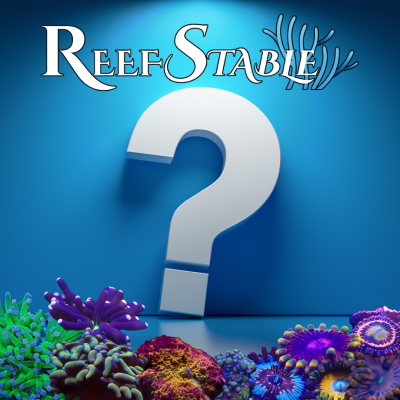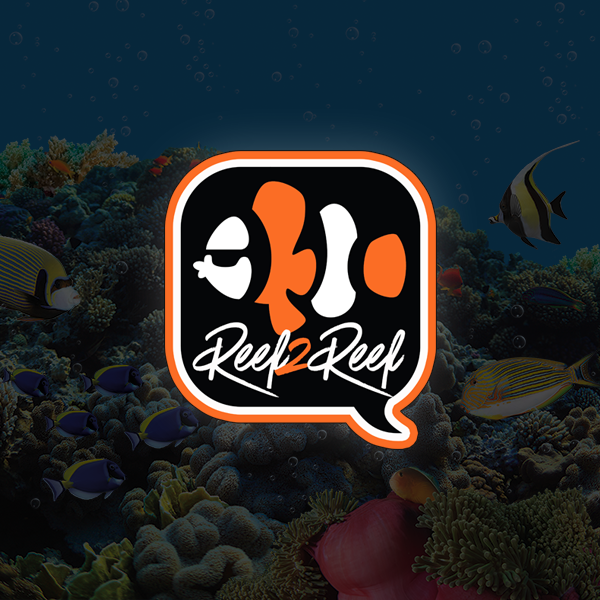Another thought provoking question for the community!
When you buy a coral that indicates a name (i.e. ASD Holy Grail or JF Lime Light Hydnophora):
This was sparked from a conversation about how lineage is easily faked these days.
So how would those of you that care about lineage like to see it proven?
Is it worth caring anymore as long as it is healthy, aquacultured, and the right coral?
Let's have the discussion!

When you buy a coral that indicates a name (i.e. ASD Holy Grail or JF Lime Light Hydnophora):
- Do you care about the lineage name or is it just to help you ID the coral?
- Do you care more about the lineage or that it is aquacultured vs wild?
- What type or coral / price point do you care about lineage?
- The big one... How would you prove lineage?
This was sparked from a conversation about how lineage is easily faked these days.
So how would those of you that care about lineage like to see it proven?
Is it worth caring anymore as long as it is healthy, aquacultured, and the right coral?
Let's have the discussion!
























